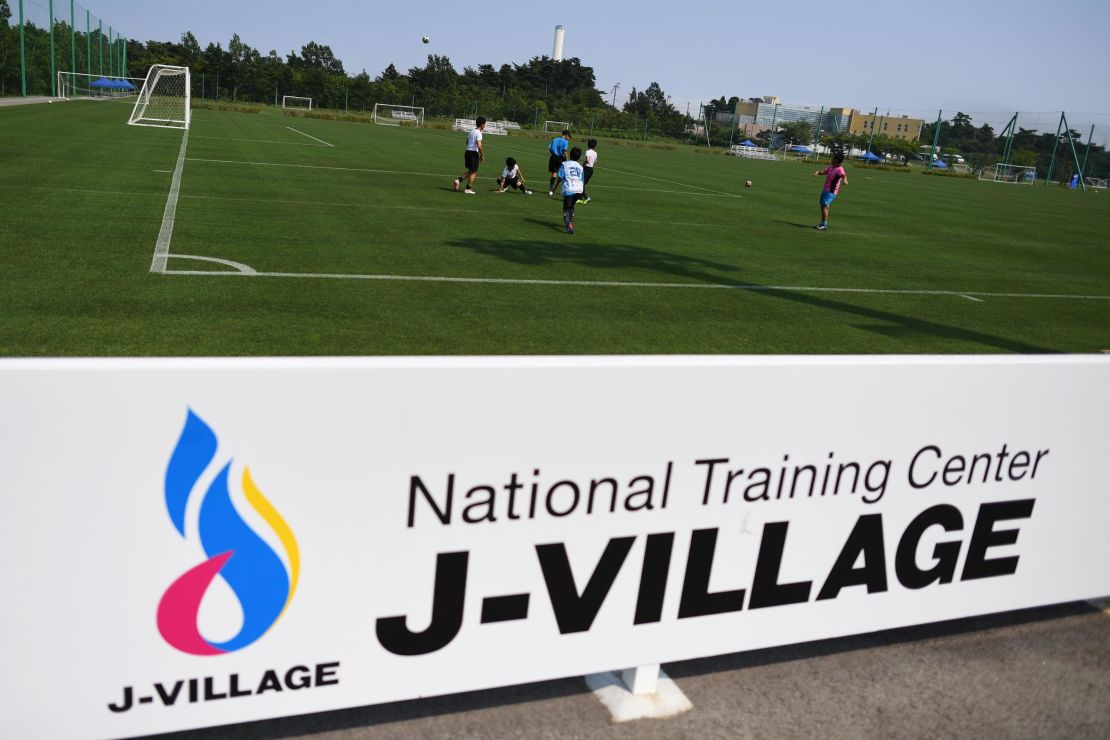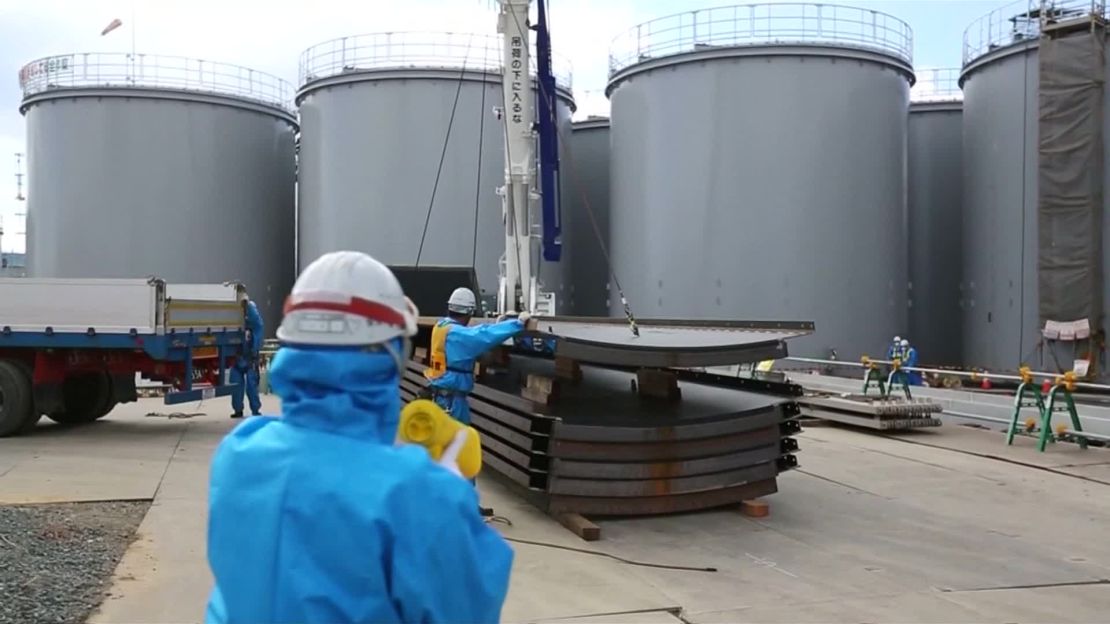High-level radiation hot spots can be detected at a sports complex in Japan’s northeastern Fukushima prefecture, where the 2020 Tokyo Olympics torch relay will kick off next year, according to a report by environmental group Greenpeace.
The study, published on Wednesday, revealed that radiation levels around the J-Village sports camp were over 1,700 times higher than prior to the 2011 massive earthquake and tsunami that triggered the Fukushima Daiichi nuclear disaster.
J-Village is home to a 5,000-capacity stadium, 11 soccer fields, a gym, swimming pool, and hotel and conference center. It is around 12 miles (20 kilometers) south of the now-disabled nuclear plant.
Radiation levels at the complex reached as high as 71 microsieverts per hour at the hot spots, even though the Japanese government has pledged to keep the reading to below 0.23 microsieverts per hour, the Greenpeace report said.

One million microsieverts is equal to 1 sievert, the unit used to measure radiation and quantify the amount absorbed by the body.
According to the International Atomic Energy Agency, an average person receives natural exposure to radiation of 2,400 microsieverts a year, but a very large dose may result in heightened risks of long-term health effects like cancer.
Using Greenpeace’s calculations, people staying near the stadium could be exposed to a greater amount of radiation in just over a day than they would naturally experience in a year.
Public health concern
Kauze Suzuki, energy campaigner at Greenpeace Japan, said while the general radiation levels at the stadium remained low, the hot spots were concerning because they were detected in areas visited by a large number of people.
“These radiation hot spots are of significant public health concern,” he said, adding the group called on the Japanese government to “act urgently and to initiate immediate decontamination.”
In March 2011, the Fukushima Daiichi nuclear plant, about 130 miles (210km) northeast of Tokyo, was damaged by a tsunami resulting from a magnitude 9.0 earthquake that sparked reactor meltdowns and leaked high levels of radioactive material into the sea and air.

Decontamination work
In response to the report, Japan’s environment ministry said it had conducted further decontamination work and would enhance radiation monitoring at the stadium, where the Japanese leg of the Olympic torch relay will start on March 26, 2020.
Speaking to CNN on Thursday, a deputy counselor at Japan’s Ministry of the Environment, Kishiko Yokoyama, said the government has worked with the Tokyo Electric Power Company (TEPCO) – which owned the nuclear plant – to decontaminate the area.
“The radiation was found in a corner of a parking lot adjacent to the J-Village,” she said. “TEPCO is investigating why the high radiation level was found in that spot.”
She added the government would enhance monitoring of radiation levels at the stadium to ensure the safety of athletes and spectators.
Japan will host the 2020 Summer Olympics in Tokyo from July 24 to August 9 next year.
In a statement, organizers of the Games said they were waiting to hear the result of the investigation, and have been working with the Japanese government to ensure the event’s success.
The statement said the Olympic torch relay would be “a grand start for us and we would like to coordinate with relevant parties to continue the preparation.”



















